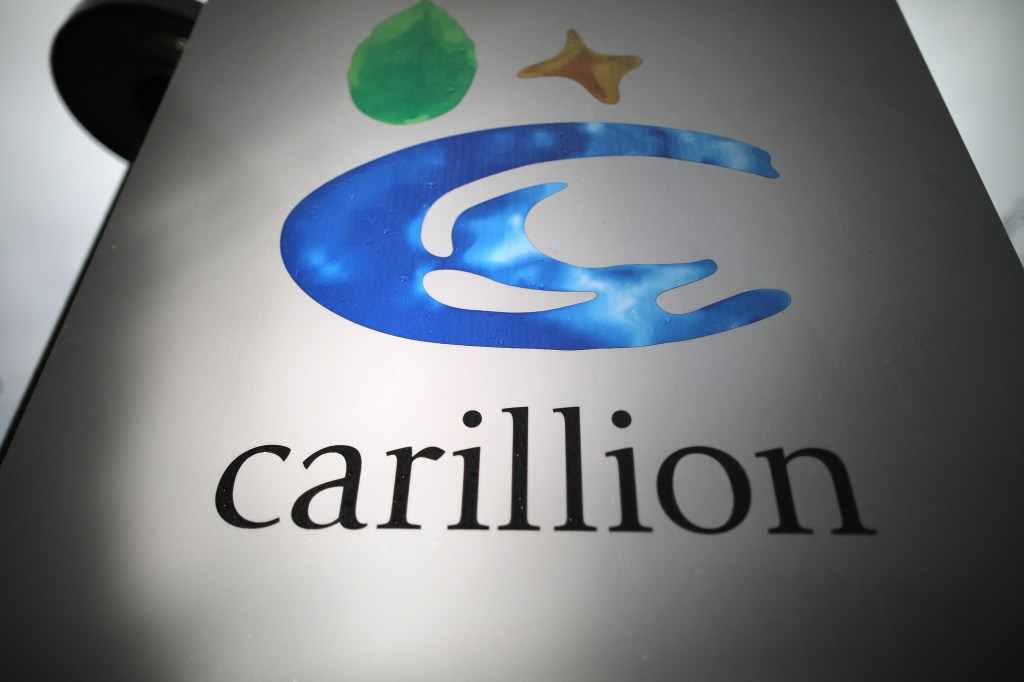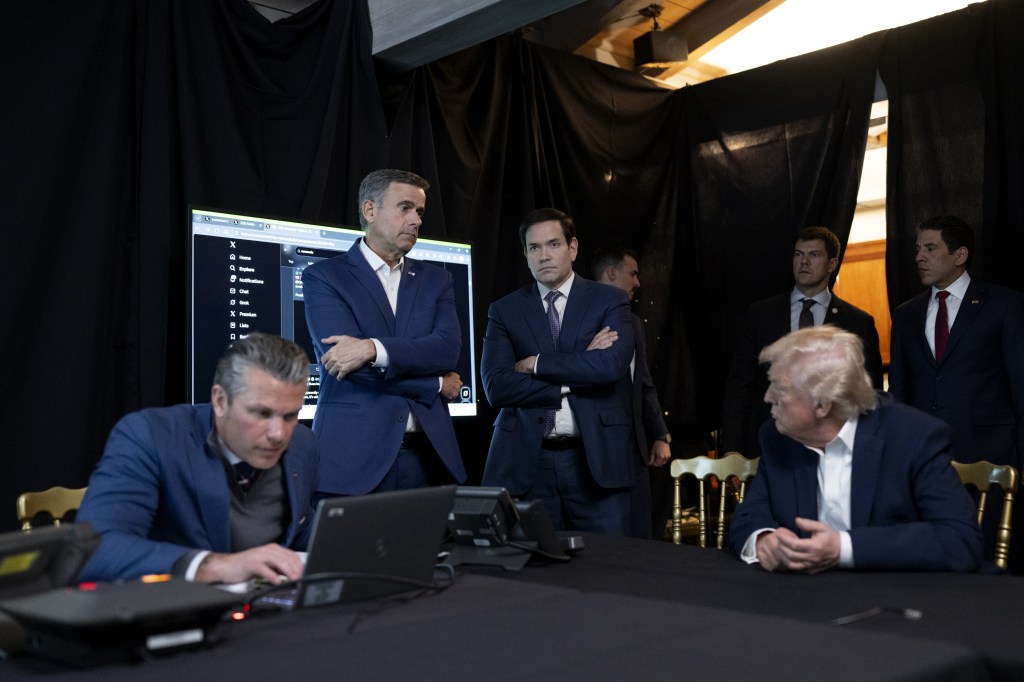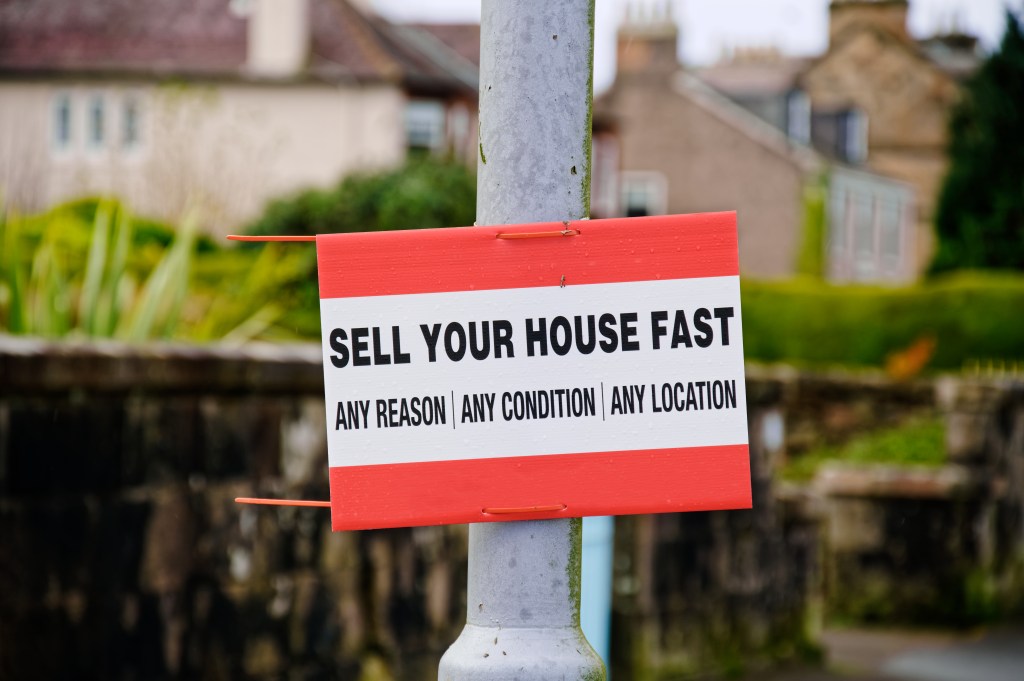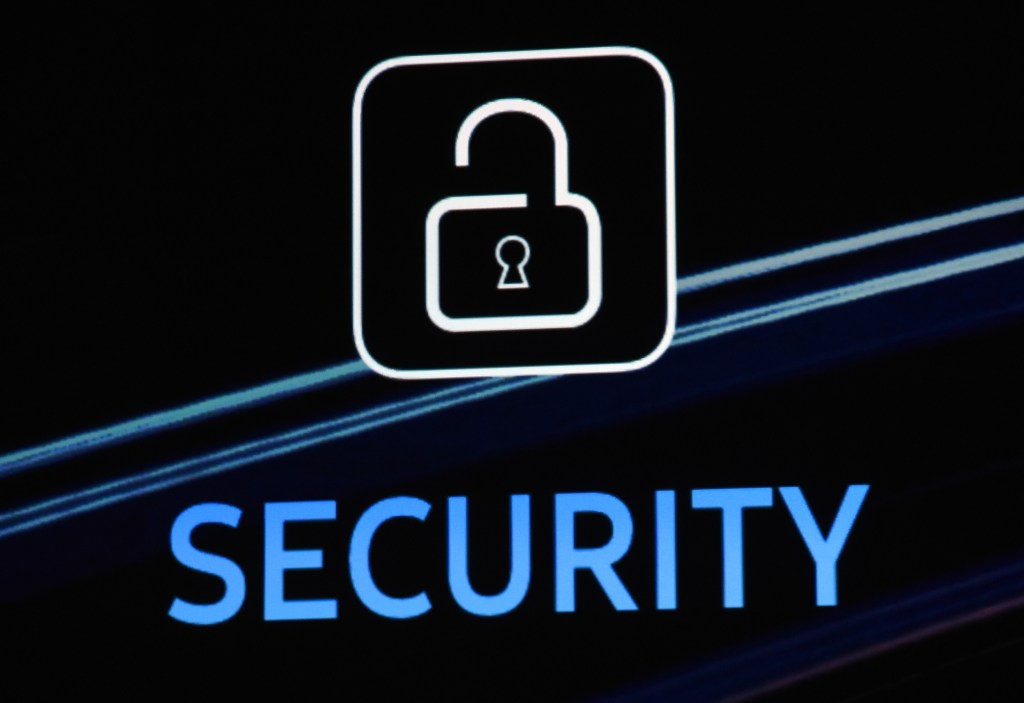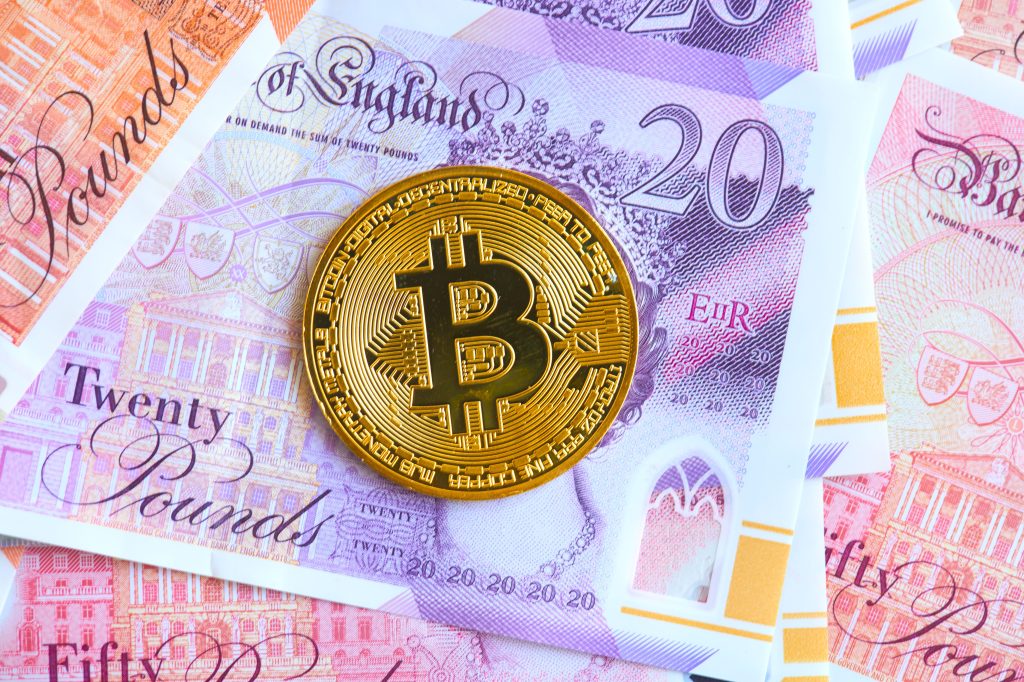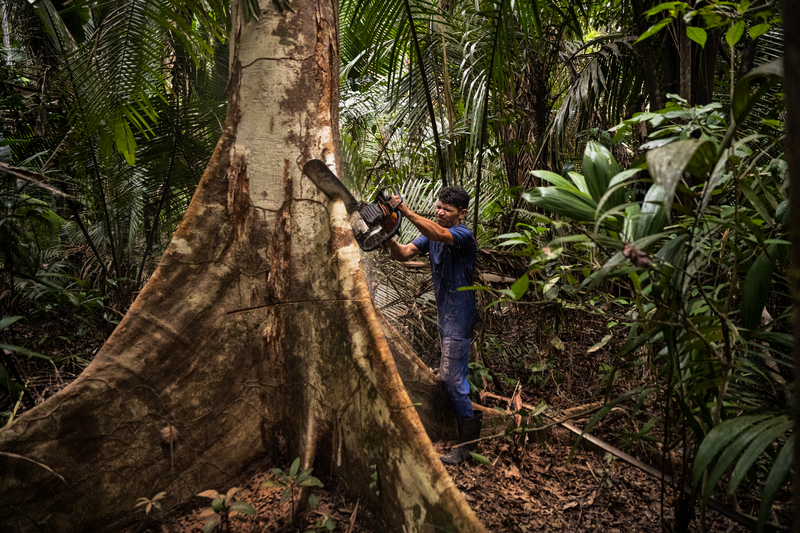On December 9, 2024, the Brazilian federal government published Decree No. 12,304/2024 (Decree), which regulates Brazilian Law No. 14,133/2021 (known as Brazilian New Procurement Law). This law, in effect since April 2021, contains provisions mandating the implementation and development of compliance programs for companies doing business with the Brazilian government.
The Decree that takes effect
Register for free to keep reading
To continue reading this article and unlock full access to GRIP, register now. You’ll enjoy free access to all content until our subscription service launches in early 2026.
- Unlimited access to industry insights
- Stay on top of key rules and regulatory changes with our Rules Navigator
- Ad-free experience with no distractions
- Regular podcasts from trusted external experts
- Fresh compliance and regulatory content every day


